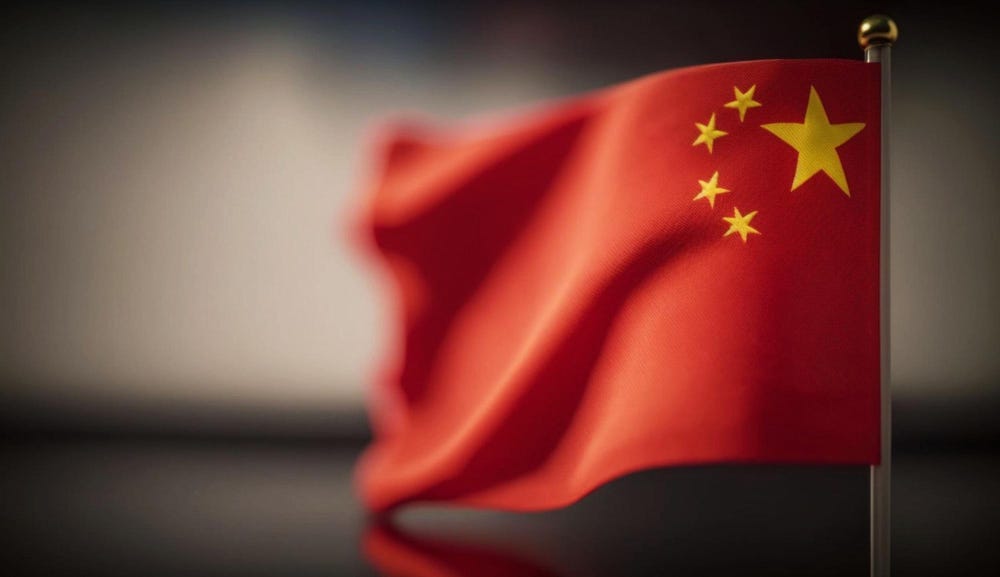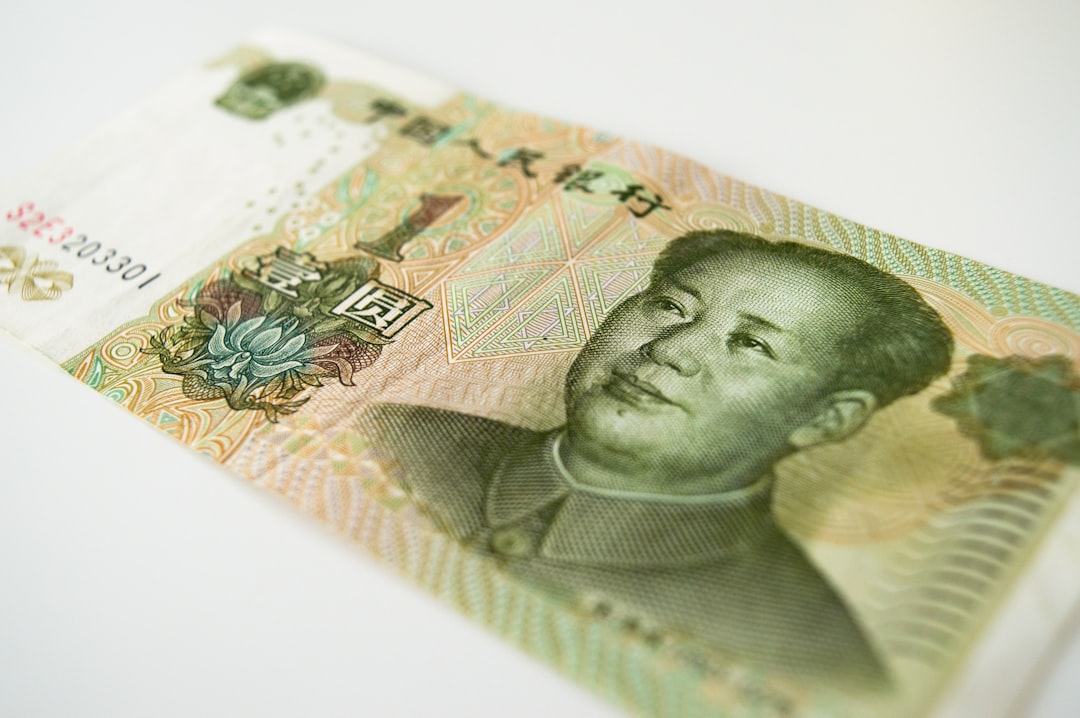China said it had control of shadow banking, plus China's graphite curbs start today -- China Boss News 12.01.23
Newsletter
What happened
Chinese police are investigating a troubled wealth management unit of Zhongzhi Enterprise Group after the company announced it was "severely insolvent” in a letter to investors last week.
The firm said "it has a 'huge debt' and cannot pay all its bills," which totaled $65 billion against assets valued at less than half that, according to CNN.
“The Beijing-based company is considered part of China’s $3 trillion “shadow banking” industry, a sector that forms an important source of finance in the country. . . . A major reason behind the company’s financial woes is its strong links with China’s real estate sector. [A partially-owned international trust], which managed $87 billion worth of funds for corporate clients and wealthy individuals, has invested about a tenth of its money in real estate,” news staff said.
Zhongzhi - which also catered to the well-heeled and politically-connected - “is on the brink of becoming one of China’s biggest corporate failures in years,” Wall Street Journal staff wrote.
“Investors who bought Zhongzhi products have gathered in social-media groups and in person over the past few weeks and tried to figure out ways to pressure the conglomerate to repay them, according to people familiar with the matter. At one recent protest, dozens of people hung banners and shouted slogans such as ‘Zhongzhi, return us our money!’ and ‘contract fraud!,’” they added.
China has always struggled to rein in shadow-banking operators.
There are many reasons for the industry's tenacious growth, like discriminatory lending practices, regulatory arbitrage, money-laundering, theft and corruption, as well as China's culture of informality in commerce and law.
However, in China’s opaque system where clarity carries its own risks, shadowy deals and their financial backers - which include many traditional banks - have sprouted like mushrooms in the dark.
Worse, Zhongzhi’s failure is the strongest evidence yet that the property crisis is spreading to other parts of China’s economy - where, like the trillion-dollar shadow-banking industry, itself- it's even tougher to address.
Why it matters
Cutting off the nose
When Chinese leader Xi Jinping came to power, two of his top priorities were to rein in both China's formal and informal credit sectors.
But during his ensuing crack down, recommendations to reform China's banking sector - so it could transition from a “focus on industry and infrastructure to one based mainly on consumer services” and move past “state ownership and control to a greater level of private enterprise” - were all but ignored.
Policy aimed at meeting those objectives was expected to strike at the heart of the banks’ conservative lending practices, traditionally - and overwhelmingly - biased in favor of borrowers with state-backed interests who had lower risk of default.
And that, in turn, would open up cheaper and safer bank financing to private business owners and individuals, diminishing the lure of costlier and riskier shadow lending.
But Xi didn’t do that.
Rather - from 2016 onward - he issued a series of orders demanding the People’s Bank of China (PBOC), the central bank, and other regulators clamp down on Chinese banks, severing them further from planned market reforms and their business judgments, as part of a campaign against property speculation.
And he didn’t stop there.
In late 2021, Xi sent his feared anti-corruption hounds - the Central Commission for Discipline Inspection (CCDI), a party-whip most severe - to the the PBOC itself in a final erasure of its autonomy, as Wall Street Journal's Lingling Wei then said.
“The People’s Bank of China has never been politically independent like a Western central bank, but it has nonetheless enjoyed a special status in the nation’s economic hierarchy. Now, President Xi Jinping’s shake-up of China’s financial sector is stripping that away, ” Wei wrote.
Sources familiar with Xi’s orders told Wei that the “focus of the inspections” was to ferret out “state financial stalwarts [who] had become too chummy with private firms.”
To spite the face
Surely that would be enough “tidying up” for any leader - especially one with 1.4 billion mouths to feed - but, unfortunately, this is Xi Jinping returning China to Marxist-Leninism, and worse would come.
Earlier this year, the party and the state apparatus were given an financial regulatory overhaul, as I explained last month.
Spoiler alert - the title of the piece says all, but you can read more by clicking here:
The results have been devastating for investors and the credit sector.
In 2017, data from the central bank already showed "China's shadow banking . . . back in full swing," Bloomberg reported.
By 2018, Xi's "war on shadow banking," had "spill[ed] over" into "China's wider financial world," causing international deals to crumble and debts to go "unserviced,” according to South Morning Post.
In other words, Chinese finance was well on its way to become a s***show before Covid-19 emerged.
Then enter “China sprawling trust industry,” and a new saga of a massive Chinese firm gone bust.
“Zhongzhi last week said it has liabilities of $59 billion to $64 billion, and assets of $28 billion,” WSJ staff noted.
But the actual amount of debt “could be far larger because the company didn’t include off-balance sheet liabilities in its calculation,” experts said.
To understand how deeply embedded - and, therefore, risky - shadow financing is in China’s economy, I recommend you read "Shadow banking in China: A Primer".
For those less enthusiastic about Chinese financial regulation, I provided an excerpt discussing a typical shadow deal between China’s banks - yes, actual retail, traditional banks - and the trust industry.
A trust company might borrow from the bank and use the funds to make a loan that the bank would otherwise have made on its own. It could then package this loan into a trust vehicle and sell back to the bank the rights to receive all the payments from the trust, which would consist of the principal and interest payments from the borrower.
Caution, the paper is slightly outdated and puts too much confidence in local regulators’ capabilities than is likely under Xi Jinping’s leadership.
To understand why that may be, read this excellent (and short!) explainer, China’s Heavy Economic Legacy of State Ownership and Central Planning, published last month by Itzhak Goldberg, a former World Bank Official.
This Week’s China News
The Big Story in China Business
CHINA'S GRAPHITE CURBS START TODAY: China's new restrictions requiring licenses for exports of the soft carbon graphite, used in nearly every ev battery, start today.
Keep reading with a 7-day free trial
Subscribe to China Boss News to keep reading this post and get 7 days of free access to the full post archives.





